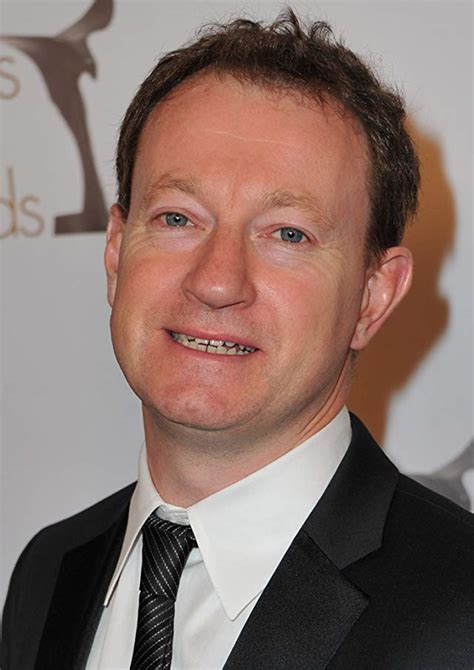A Quote by Robert Smithson
Language operates between literal and metaphorical signification.
Quote Topics
Related Quotes
We have said that consciousness is an operation rather than a thing, a repository, or a function. It operates by way of analogy, by way of constructing an analog space with an analog 'I' that can observe that space, and move metaphorically in it. It operates on any reactivity, excerpts relevant aspects, narratizes and conciliates them together in a metaphorical space where such meanings can be manipulated like things in space.
Whenever you find a preacher who takes the Bible allegorically and figuratively...that preacher is preaching an allegorical gospel which is no gospel. I thank God for a literal Christ, for a literal salvation. There is literal sorrow, literal death, literal Hell, and, thank God, there is a literal Heaven.
Space and force pervade language. Many cognitive scientists (including me) have concluded from their research on language that a handful of concepts about places, paths, motions, agency, and causation underlie the literal or figurative meanings of tens of thousands of words and constructions, not only in English but in every other language that has been studied.







































